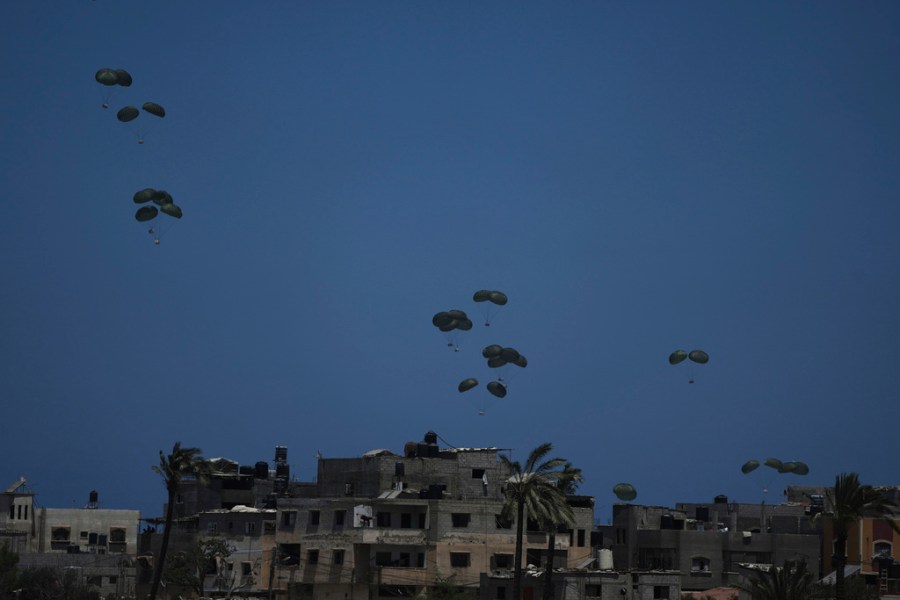Israel is currently engaged in a complex conflict with Hamas, which possesses significant leverage through the holding of hostages. The dynamics of this situation not only influence Israel’s military strategy but also affect its international relations, particularly with the United States. As tensions escalate, Israel seeks to redefine what constitutes a strategic victory while managing the challenges posed by Hamas’s tactics, including the use of human shields and attacks on Israeli civilians.
The ongoing conflict has seen Hamas employing strategies that complicate Israel’s military objectives. By using civilians as human shields, Hamas aims to create a challenging environment for Israeli forces. This tactic not only increases the risk to Israeli lives but also raises questions about moral and legal implications within the international community. While Israel focuses on neutralizing threats, it must also navigate the public perception shaped by these tactics.
Political Implications of Hostage Situations
The presence of hostages held by Hamas complicates Israel’s response strategy. With their lives at stake, the Israeli government faces immense pressure to balance military action with the potential for civilian casualties. This dilemma is exacerbated by the international perception of Israel’s actions, as any misstep could lead to significant diplomatic fallout, particularly with the United States, which has historically been one of Israel’s staunchest allies.
According to recent statements from Israeli officials, the government is committed to ensuring the safety of its citizens while also working to secure the release of hostages. This dual focus has prompted discussions on how Israel can achieve its military objectives without alienating its international partners.
The United States has reiterated its support for Israel but has also called for restraint in military operations. This nuanced position reflects a growing concern about the humanitarian situation in Gaza, which has seen increasing civilian casualties. As of October 2023, reports indicate that the conflict has resulted in thousands of deaths and widespread destruction.
The Role of International Perception
Israel’s military actions are often scrutinized through the lens of international law and humanitarian standards. The ongoing conflict highlights a perceived double standard, where Hamas’s tactics receive fewer critiques compared to Israel’s responses. This disparity can influence public opinion and diplomatic relations, particularly in Europe and other regions where support for Palestinian rights is gaining momentum.
In this context, Israel aims to reshape its narrative to emphasize the legitimacy of its self-defense while countering the negative perceptions associated with its military operations. Engaging with international media and providing clear communication about military objectives and humanitarian efforts is crucial for Israel as it seeks to maintain its strategic alliances.
To navigate this complex landscape, Israel is likely to continue employing a combination of military pressure and diplomatic engagement. The aim is to weaken Hamas’s operational capabilities while mitigating the impact on its own international standing. As Israel faces these formidable challenges, the outcome of this conflict could redefine not only its military strategy but also its long-term relations with allies, particularly the United States.
Moving forward, the international community’s response to the evolving situation will play a critical role in shaping the future of the conflict. The balance between military action and humanitarian considerations remains delicate, and the implications of Israel’s choices will resonate far beyond the immediate conflict zone.





































































